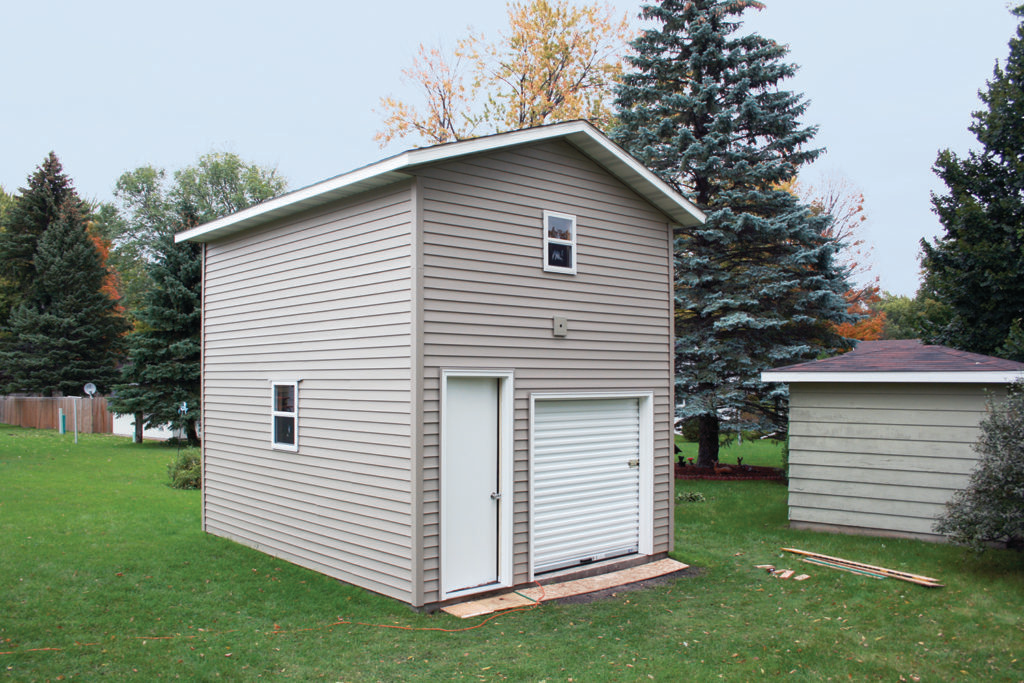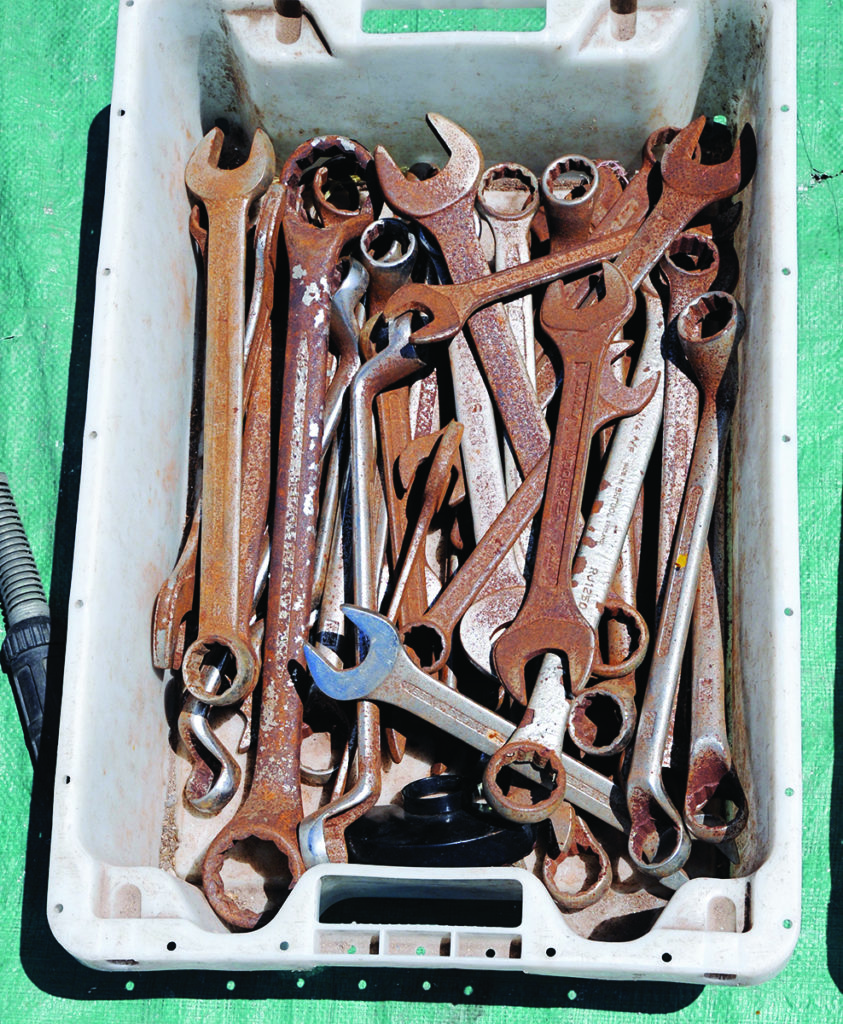By Pat Keegan and Brad Thiessen

Question:
We just purchased a home and noticed the previous owner installed an electric wall heater in the outdoor shed. How much will our electric bill go up if we use this heater next winter? Should we consider insulating the shed at some point?
Answer:
Good questions! An uninsulated outbuilding can be quite expensive to heat (or cool) depending on where you live. Even though we’re currently experiencing July’s warmer temperatures, I’ll focus on heating since your shed includes the wall heater.
Years ago, I worked on a home energy contest that selected homes with the highest energy bills and helped the owners make efficiency improvements. One year, the home with the highest energy use had an uninsulated shed that was heated in order to keep several cans of leftover paint from freezing. The cost of heating the shed each winter was more than it would have cost to replace the paint.
The cost to heat or cool your outdoor shed depends on your climate, the size of the outbuilding and the price you pay for electricity. I conducted a quick calculation that showed heating an uninsulated 6 ft. by 8 ft. shed could cost twice as much as heating an insulated 900 sq. ft. home. Wow!
Some outbuildings are heated with wood, which is a sound choice if you have a free source of firewood. Another strategy often seen in workshops is a radiant heater directed at the work area, perhaps in front of a workbench. But if you’re paying for your fuel and decide to keep an outbuilding heated, you should definitely insulate it.

An important consideration, unless you live in a desert-dry climate, is the effect moisture can have in an outbuilding. Moisture enables rot, insects and mold to wreak havoc on your structure, and rust to degrade tools and other metals. Heating and insulating an outbuilding, if done right, can reduce or eliminate a moisture problem. But insulation installed incorrectly can trap moisture and foster mold growth.
Moisture in an outbuilding is usually caused by three things: leaks where water can get through (typically through the roof, windows and doorway); seepage through floors and walls; or condensation when nighttime temperatures drop. To prevent moisture buildup, you need to eliminate moisture sources and prevent condensation.
As air cools, it cannot carry as much moisture, and condensation occurs, usually on the coolest object at hand. Insulating walls and ceilings can keep the interior wall or ceiling surface from getting cold enough for condensation to occur. Insulated wall or ceiling cavities need to be carefully air sealed so that condensation does not occur inside the cavity.
I should also note that the cost of heating and cooling an outbuilding can be much lower if the thermostat is carefully controlled.
Only you can decide if the value of heating and cooling your outbuilding is worth the cost and effort to properly insulate and seal. Even if your shed is not heated or insulated, it’s worth keeping an eye out for mold and mildew.
We hope you enjoy your new home and your outdoor shed!
Patrick Keegan writes on consumer and cooperative affairs for the National Rural Electric Cooperative Association, the Arlington, Va.-based service arm of the nation’s 900-plus consumer-owned, not-for-profit electric cooperatives. Write to [email protected] for more information.




